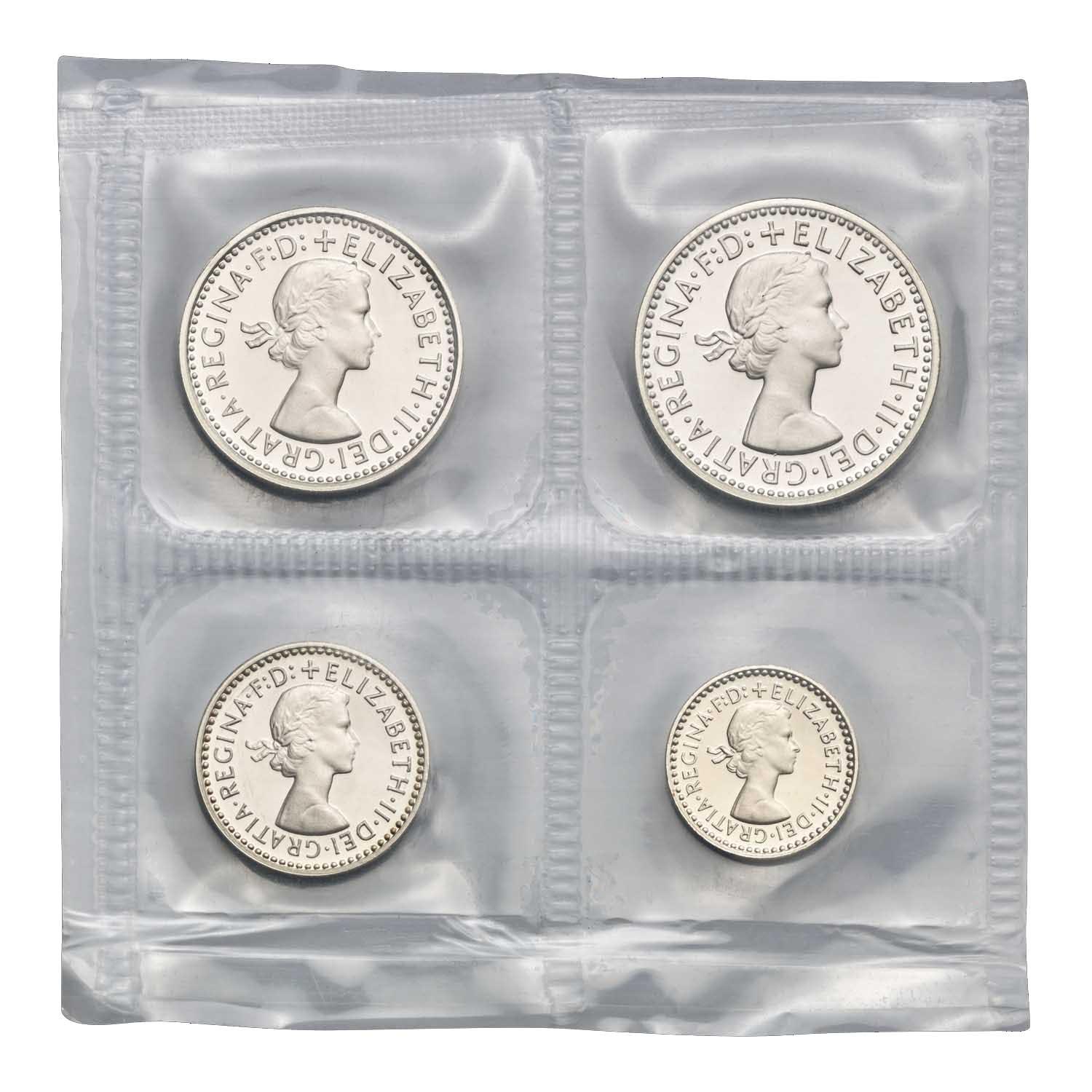Maundy money is a traditional custom in the United Kingdom where the reigning monarch gives out specially minted coins to a select group of elderly people. This tradition dates back hundreds of years and continues to this day as a way to honour and celebrate the elderly community.
In this blog, we will explore the history and significance of Maundy money and why it remains an important part of British culture.
The origins of Maundy money can be traced back to the time of Jesus Christ, who washed the feet of his disciples on the day before his crucifixion. This act of humility and service became known as Maundy Thursday, and it was later adopted by the Christian church as part of the Easter ceremonies. In medieval times, English monarchs began to give money to the poor and needy on Maundy Thursday as a way to replicate this act of service.
The tradition of giving out Maundy money to the elderly dates back to the reign of King James II in the 17th century. At that time, the monarch would give out coins in denominations that corresponded to the age of the monarch – for example, if the monarch was 70 years old, they would give out 70 pence to each recipient. This practice continued for many years until Queen Victoria introduced the modern system of giving out Maundy money based on the number of recipients rather than the age of the monarch.
Today, Maundy money is given out by the reigning monarch at a special ceremony held at a different location each year. The recipients are chosen based on their service to the community and their long-standing dedication to their local church. Each recipient receives two purses – one containing ordinary money, and the other containing the specially minted Maundy coins.
The coins are struck in denominations of one penny, two pence, three pence, and four pence, and are specially minted for the occasion with a design that changes each year.
The ceremony itself is steeped in tradition and symbolism. The monarch hands out the coins to each recipient while dressed in ceremonial robes, and a choir sings hymns in the background. The ceremony is a solemn and dignified affair, with the recipients being honoured for their contributions to their communities and their dedication to their faith.
One of the most important aspects of Maundy money is the symbolism behind the act of giving. By giving out coins to the elderly, the monarch is acknowledging their value and worth in society. It is a way of showing respect and gratitude for the wisdom and experience that comes with age, and a reminder that the elderly have much to offer to society.
In addition to the coins themselves, the ceremony also includes a service of foot washing, a tradition that harkens back to the original Maundy Thursday. This act of humility and service is a powerful reminder of the importance of caring for one another and serving those in need. It is a symbolic gesture that underscores the values of compassion, kindness, and generosity that are at the heart of Maundy money.
Maundy money also serves as a way to highlight the importance of the elderly in society. In a culture that often values youth and beauty above all else, Maundy money is a reminder that the elderly have much to offer and should be respected and honoured for their wisdom and experience.
It is a way to celebrate the contributions of the older generation and show appreciation for all that they have done for their communities.
Another important aspect of Maundy money is the sense of community and togetherness that it fosters. By bringing together the elderly recipients in a ceremony that honours their contributions, Maundy money serves as a way to strengthen bonds within the community and promote a sense of unity and solidarity.
It is a reminder that we are all part of a larger, interconnected community, and that we all have a role to play in supporting and caring for one another.
In conclusion, Maundy money is a cherished tradition in the United Kingdom that honours the elderly and celebrates their contributions to society. It is a symbolic gesture of respect and gratitude for the wisdom and experience of the older generation, and a reminder of the importance of caring for one another and serving those in need.
The ceremony itself is a solemn and dignified affair, steeped in tradition and symbolism, that serves as a powerful reminder of the values of compassion, kindness, and generosity. Maundy money is not just about giving out coins – it is about celebrating the elderly, fostering a sense of community, and recognizing the importance of caring for one another.

